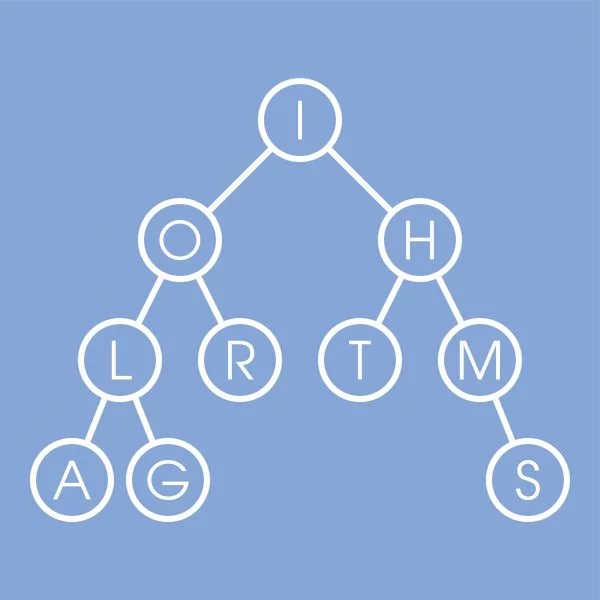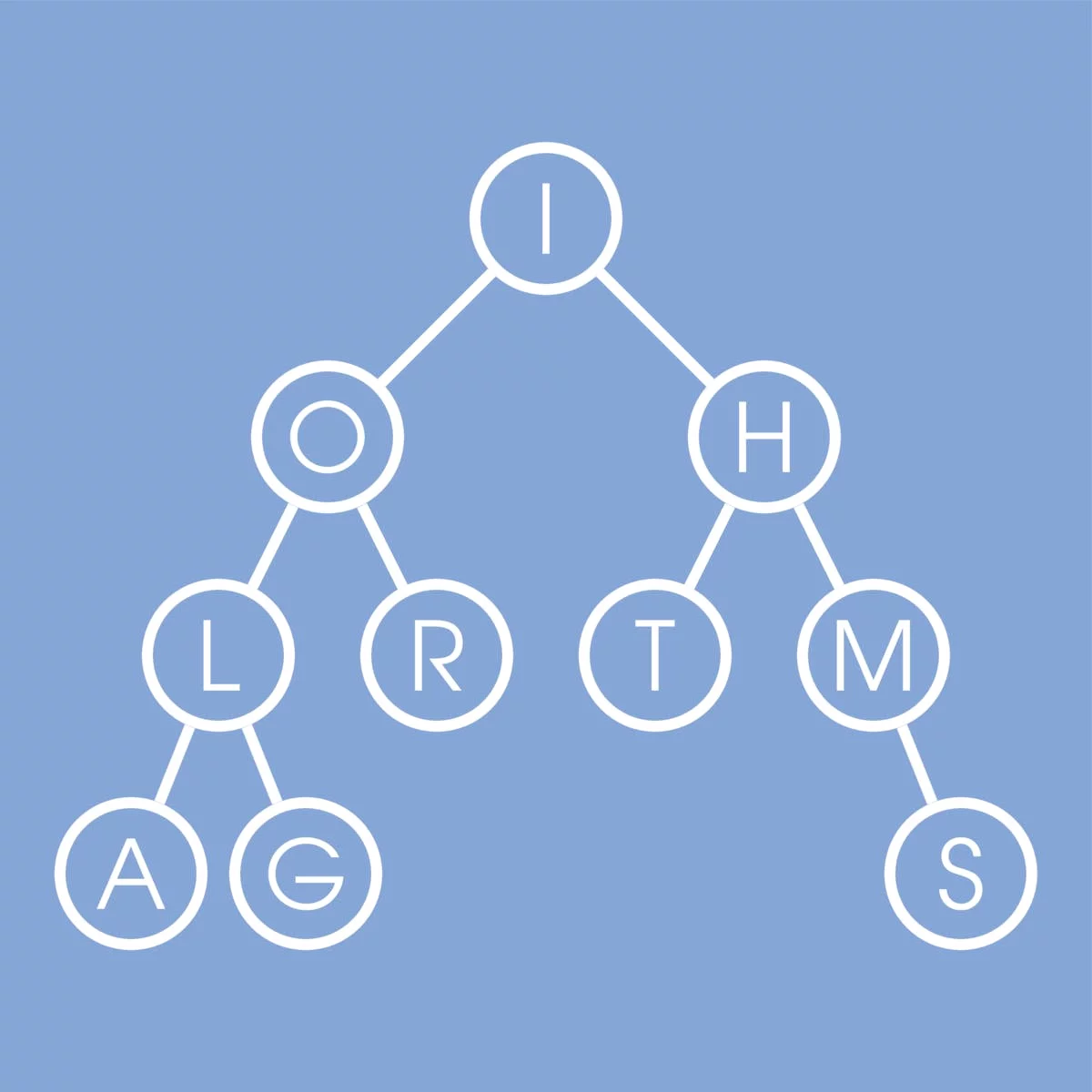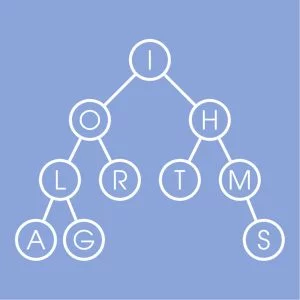
Genome Assembly Programming Challenge
FREE
In Spring 2011, thousands of people in Germany were hospitalized with a deadly disease that started as food poisoning with bloody diarrhea and often led to kidney failure. It was the beginning of the deadliest outbreak in recent history, caused by a mysterious bacterial strain that we will refer to as E. coli X. Soon, German officials linked the outbreak to a restaurant in Lubeck, where nearly 20% of the patrons had developed bloody diarrhea in a single week. At this point, biologists knew that they were facing a previously unknown pathogen and that traditional methods would not suffice – computational biologists would be needed to assemble and analyze the genome of the newly emerged pathogen. To investigate the evolutionary origin and pathogenic potential of the outbreak strain, researchers started a crowdsourced research program. They released bacterial DNA sequencing data from one of a patient, which elicited a burst of analyses carried out by computational biologists on four continents. They even used GitHub for the project: https://github.com/ehec–outbreak–crowdsourced/BGI–data–analysis/wiki The 2011 German outbreak represented an early example of epidemiologists collaborating with computational biologists to stop an outbreak. In this Genome Assembly Programming Challenge, you will follow in the footsteps of the bioinformaticians investigating the …
Instructor Details
Courses : 8
Specification: Genome Assembly Programming Challenge
|
30 reviews for Genome Assembly Programming Challenge
Add a review Cancel reply
This site uses Akismet to reduce spam. Learn how your comment data is processed.

| Price | Free |
|---|---|
| Provider | |
| Duration | 8 hours |
| Year | 2016 |
| Level | Expert |
| Language | English |
| Certificate | Yes |
| Quizzes | Yes |

FREE






Weidong X –
good.
Teguh S –
The problems are interesting, the course is great. However, the problem sets in this programming challenge are often not so well defined, which makes it really difficult to solve (especially the dataset problem). The solution of the problems usually turns out to be quite simple, but is not applicable to a large set of problems, only to the particular dataset that is given (and the characteristics of this dataset is not given; so I end up thinking about all possibilities that might occur for that dataset, which makes the problem more difficult). The examples given in the problem set are also not sufficient to describe the characteristics of the problem clearly. However, I really appreciate the whole courses, and I think it has been a great experience to go through the courses! Thank you very much!
Xi Y –
challenging
Madan K –
Really Challenging course, will make the mind to work. Enjoyed taking the course, was much harder than expected and loved it anyway. Worth the time ,effort and resources. The course was much less guided compared to other the course but instructor mentioned it that it was on purpose for developing self learning and facing real life sitituations.
Sabina S –
This course took me three months of several hours of work a week to complete. While I definitely learned a lot during that process, it would have been really helpful to have more active instructor engagement and feedback (although I realize that this may not be possible when an official course session is not in progress, which is when the bulk of my work for this course took place). I also think many of the problem statements could have been more clearly defined. For example, I spent a lot of time on the “Bubble detection” problem constructing graphs that allowed for multiple edges between two nodes, when it turned out that in order to pass I did not need to implement this. That being said, I’ve learned a lot from the courses in this specialization, and thanks for the work put into it!
Dmitri M –
I wish I had the choice of pursuing graph algorithms, when I signed up for the specialization with the promise of selecting one of the two Capstone projects. Bioinformatics? I wanted the other one on practical graph algorithm applications. There are already two dedicated courses by Pevzner and et al, which would have prepared us better for this too specialized and impractical Capstone project…
Kfir B –
Very hard to finish the course in the given time….
Mikhail O –
Great challenge, requires quite a lot of time, patience and dedication. But in the end, if you eventually come through all of the trials you will become a better programmer, for sure. I’ve put 4 of 5 because of the mismatches in tasks description for the capstone project, when i had to guess, where the mismatch is, spending extra hours of my time
Pradyumn A –
Really tough and enjoyable Project. Learnt something very special.
Pavel O –
Good course and final capstone project. Would recommend anyone from beginner to professional.
Padmakumar N –
I don’t think the Peer Review evaluation is a good idea. Basically, it didn’t add any value, apart from multiple re submissions I had to make and constant check/request on the forum to evaluate.
Tianyu W –
very practical specialization, though some programming assignments are really hard to solve.
Alexander M –
Very complicated tasks; Too much bioinformations
Jose P E –
Very nice applications of the algorithms learned during the specialization. You won’t get help from the instructors, but hopefully from the students. Besides, since this is the “capstone project”, you are supposed to do it by yourself. The only negative point is that at the beginning of the specialization, they announced that there were going to be different options for the capstone project. This one is more like a regular course. But I learned interested applications of the algorithms I learned, and I’m happy for it.
Ahmad B E –
This is how algorithms should be.
Suresh B –
Excellent assignments a great capstone course to complete the data structures and algorithms specialization. The assignments make sure that you go back and revise the concepts you learnt early in the specialization as they need an in depth understanding of the concepts taught earlier. But be prepared to take some hardship, spend that extra effort and break your brain in fine tuning your solutions. Highly recommended…
Tamilarasu S –
Very good collection of problems for a finale. Though you would not be assembling human genome, you will be exposed to the challenges faced during a real genome assembly of a bacterial genome. A very theoretical specialization ending with practical problems.
Fabrice L –
A bit too challenging. A this point after 5 courses you just want to have a cool capstone and receive your certificate.
Pablo E M M –
Greate course
Alexander C –
I did not enjoy this course. I did not like the following things:1) It was advertizing a different course (Bioinformatics or something like that) too hard for my taste.2) The problem statements were often incorrect. In particular what is related to the size of inputs. I have wasted too much time because of these issues. For example, the problem statement says that there will be 400 lines of input. After wasting an hour and a half trying to find a cause of a segmentation error I am reading on the forum a message THAT IS ONE YEAR OLD saying that there are in fact 1618 lines of input.3) The final problem (genome assembler) has a very tight memory limit if you consider the size of the input. Solving it within the memory limit would require special skills that are not covered by the material in this course. Or maybe I (and other people on the forum) are just not smart enough.4) There are almost no lectures. All you have to work with seems to be a 60 page extract from a book.
John B –
There were countless errors in the descriptions of the programming problems, not just “ambiguities” or “open ended problem definitions” but quantitatively incorrect specific statements (length of inputs, structure of inputs, etc). Many of these issues have been pointed out in the forums, but remain uncorrected as of June 2018.
Henry R –
Not bad, but you had better attend Bioinformatics Specialization so you could understand what tutors lecture.
Alexandr S –
I would like to say thank you to all who have created this course and specialization! Good material, excellent lecturers!
Joseph G N –
Nice exercises were difficult and interesting. You can learn a lot of in this course not only to solve bioinformatic problems
Zac B –
Most challenging course I’ve taken on Coursera so far, so be prepared. However, I’m definitely a far better programmer due to it! <3 Thanks to the instructors for great material and well designed challenges.
Daniel C –
This course takes considerably more time than the previous ones per week. There isn’t a lot of teaching content because it’s supposed to be simulating a real life project. I personally am not interested in bioinfometrics and string assembly, so I don’t feel very motivated. I am happy that I have finished this course and I have learned a lot. I also honed my C++ skills through the many programming assignments; this is one of the reasons I decided to take this over other specializations. The main reason for the 3 stars is that I could have spent the same amount time to learn more about algorithms, instead of thinking about problems I am not particularly interested. Also, there won’t be help from the teachers, but the forum community is great.
Chan Y F –
A little bit difficult
Tamas S –
Felt a little bit adrift from the general flow of topics in the other courses. Of course this called a challenge for a reason, but it’s funny that you can pass this course doing barely anything actually related to genome assembly as there are other problems for each week as well.
Priyansh B –
May be the course would have given more hints. But a learned a lot from the projects.
Omar M A M –
The topic is very interesting but it is very rushed and it is very challenging to pass the test